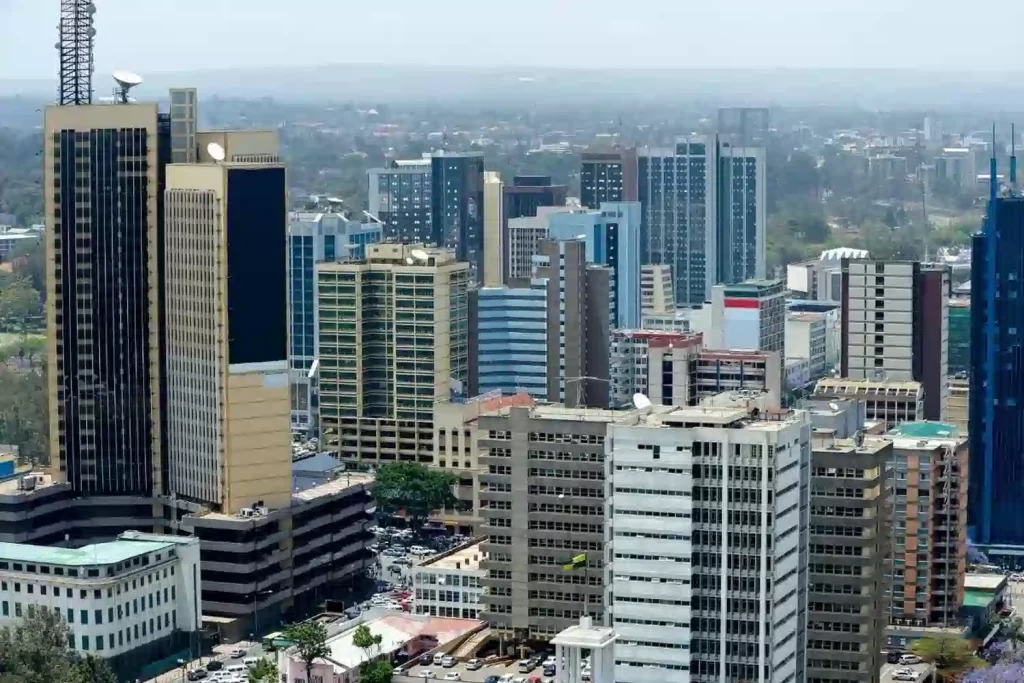Cote d’Ivoire has announced plans to launch its startup act, which will offer support to its burgeoning startup ecosystem. This follows a string of startup laws that have been enacted across Africa as several governments look to support and build their technology ecosystems.
“A meeting with our Tunisian counterparts during a benchmarking study at the end of 2022 accelerated the process,” said Florence Tahiri Fadika, a technical advisor in charge of innovation and change at the country’s Ministry of Communication and the Digital Economy.
“Their model is inspiring because it is very operational. The benchmarking mission, organised by the NTF V project, enabled us to benefit from Tunisia’s experience and to identify good practices.”
A committee of experts and enthusiasts will grant a Startup Act award, with beneficiary startups able to access new opportunities in terms of training, financing, promotion, and access to public contracts and international markets.
Tunisia, Senegal, and Nigeria have all enacted startup laws, while South Africa, Mali, Kenya, the Democratic Republic of the Congo (DRC), Rwanda, and Ghana are all in the process of enacting their own startup laws.
However, compared to countries like Kenya and Nigeria, Cote d’Ivoire has a long way to go in cementing itself as a choice destination for investors. The country’s startup law aims to create a more conducive environment for startups to thrive, attract more investors, and increase the amount of funding available to them.
“While waiting for the law to be officially voted by our assemblies, we are already working to make the Startup Act a tangible reality. The idea is not to copy the Tunisian legislation but to adapt it to the reality of our economy. A mapping study is underway and should enable us to precisely target the needs of our ecosystem,” Fadika said.
“At the same time, we are developing construction projects for new technology parks and startup campuses. Under the Startup Act, eligible startups will be able to benefit from state-of-the-art infrastructure and numerous amenities in order to succeed both regionally and internationally,” she added




















